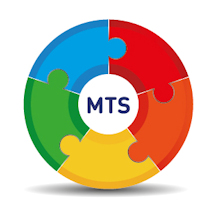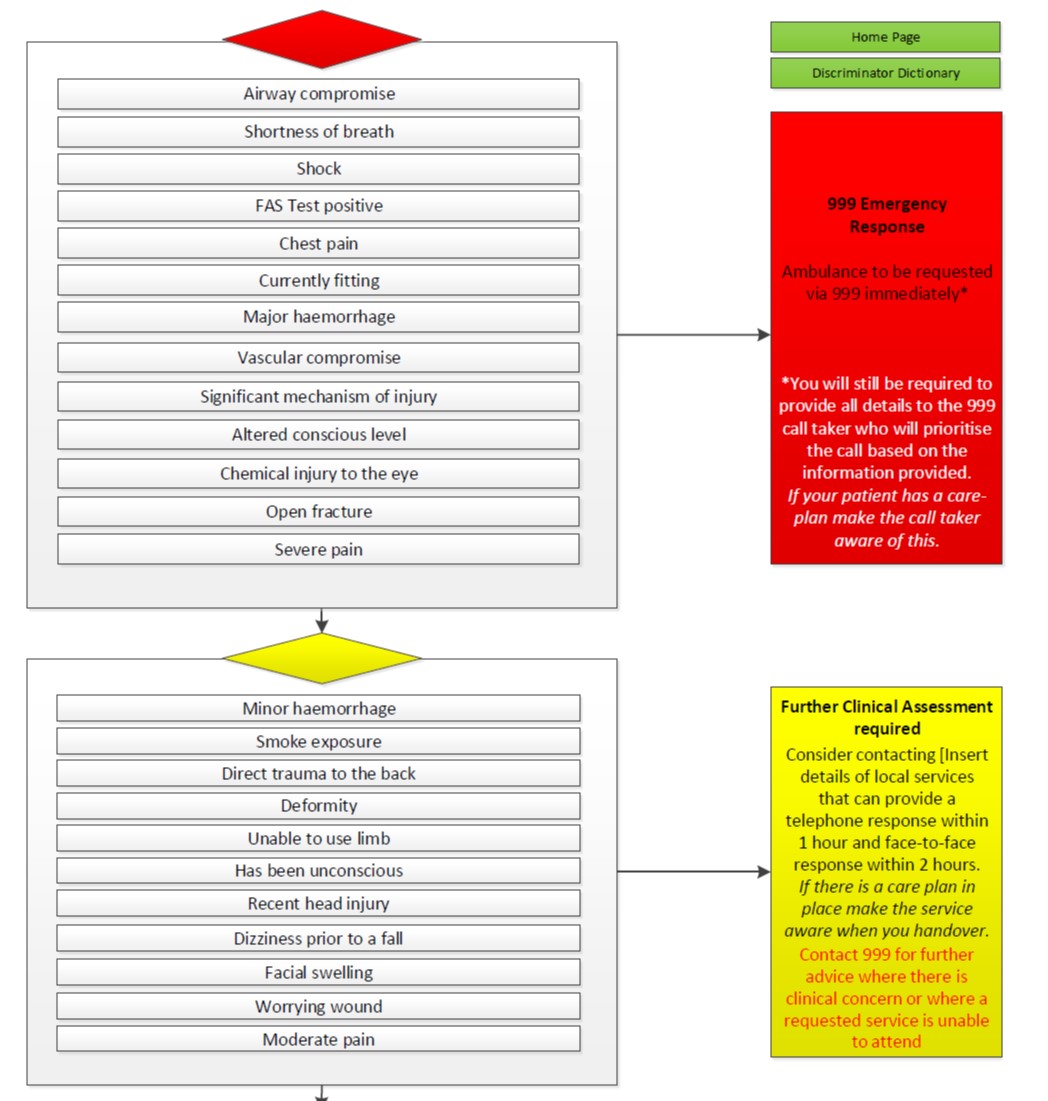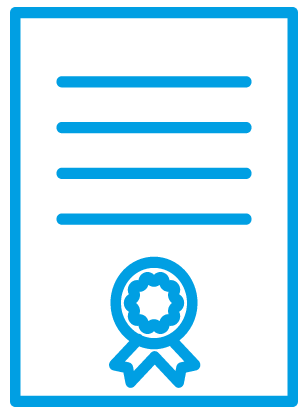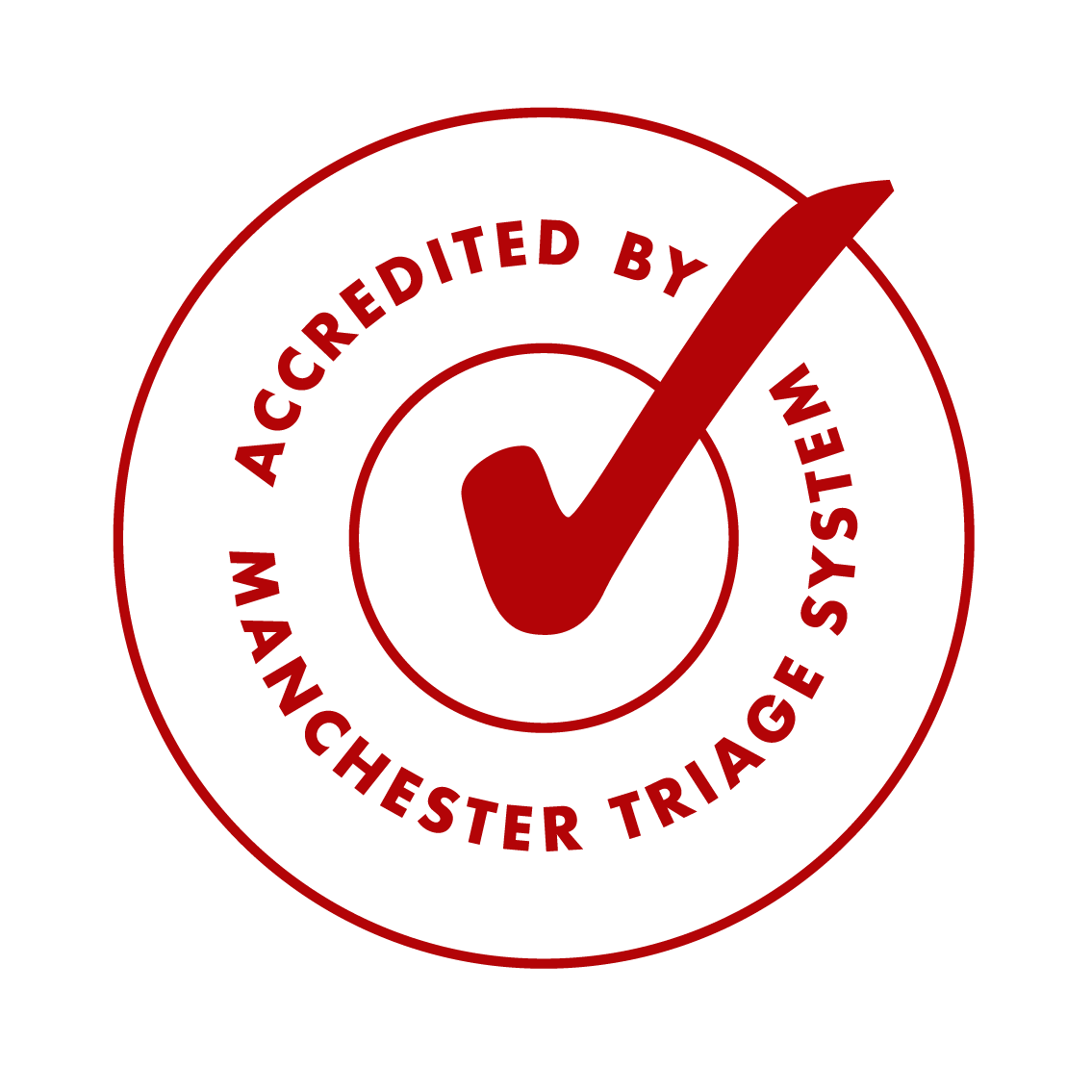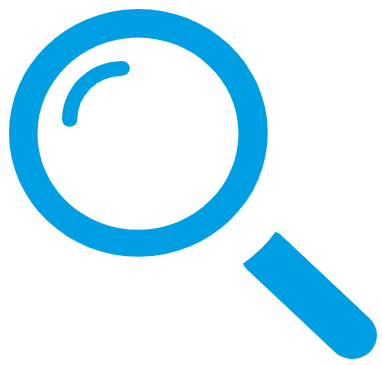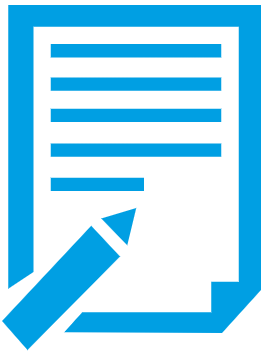

{ifloggedout}Please log in to see the full site
{ifloggedin}Logged in
{/ifloggedin}
{fa fa-life-ring} Help
{fa fa-sign-in} Enrol on my page
{fa fa-user-plus} Book provider/instructor training
{ifloggedin}
{fa fa-list-alt} My active courses
{mycoursesmenu}
{/ifloggedin}
{fa fa-bank} Triage Hubs
{ifadmin} {fa fa-fax} Admin links {/ifadmin}
{ifadmin} {fa fa-fax} Admin links {/ifadmin}
